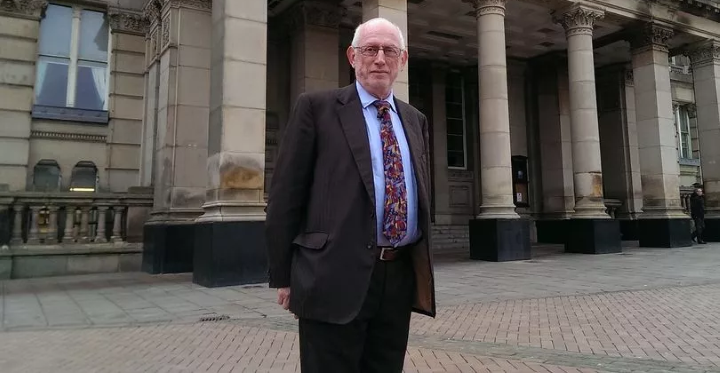Birmingham City Council will need to raise £1.255bn through asset sales to pay back the Exceptional Financial Support (EFS) it has received from government.
The government-appointed team of commissioners in place at the authority made the statement in a report to go alongside Birmingham’s budget proposals for 2024/25 and 2025/26, which will be presented to cabinet next week (27 February) with a recommendation for approval.
The commissioners said the council’s “narrow path to financial sustainability” was dependent on the revenue budget being balanced within two years. Over this period, revenue savings of £293m – comprising £226m in a new savings programme and £67m to address the budget deficit for 25/26 – must be made.
But if this cannot be delivered, the commissioners, led by Max Caller, said they had “serious concerns” that the council’s asset base would “not be large enough to support a further request for EFS with a consequent major impact on services”.
Birmingham City Council’s proposed budget for 2024/25 and 2025/26 outlines a new savings programme that is “unprecedented in scale”. The council’s existing savings programme must be written off entirely as most of it is undeliverable, according to a report to cabinet outlining the budget proposals.
Some £52.2m in savings will need to be made in the Children & Families department in 2024/25, with £63.2m the following year, the report stated. In adult social care, £23.7m in savings will need to be made in the upcoming year, and £52.8m in 2025/26.

The authority is planning a 9.99% rise in council tax for both 2024/25 and 2025/26, while up to 600 posts may be declared redundant across the council, subject to consultation.
The impact on services also includes a dimming of street lights, a move to fortnightly waste collections, and an increase in burial costs.
The commissioners said that while they believed the budget was deliverable, “major improvements in the arrangements for the delivery of savings”, including governance, monitoring and project management arrangements, as well as a change in organisational culture, would be required.
This change in culture requires valuing “successful delivery of change and savings” and overcoming problems rather than hiding them.

“There is also a real need to ensure council recruits, retains and invests in people with the right skills and knowledge to undertake this work,” the commissioners added. “The council has made limited progress in this area and needs to do far more and at a far greater pace.”
The “same rigour” must be applied to stabilising and improving the operations of the Oracle finance and HR system, and to the job evaluation programme. “This budget is clearly dependent on the successful delivery of both these programmes. The mistakes of the previous projects cannot be repeated,” the commissioners warned.
The council said that “significant difficulties remain around the financial integrity of the finance ledger” of the Oracle system. “Simply put, the system is still posting transactions incorrectly and significant manual work is required to ensure that the finance system is accurate,” the authority stated. This has led to delays in closing the prior year accounts and forecasting having to be done manually, with £45m in additional costs expected over the next two financial years.
Birmingham City Council was issued with a section 114 notice in September 2023 as it faced equal pay claims of up to £760m and an £80m overspend on the Oracle system, among other financial pressures.
In a statement ahead of the cabinet meeting, John Cotton, leader of Birmingham City Council, apologised “unreservedly for both the significant spending reductions and this year’s substantial council tax increase”. He said the council had “no alternative” than to face the financial challenges it has “head on”.

“We will do whatever is necessary to put the council back on a sound financial footing,” he added. “Our situation has been made much worse by a national crisis in local government finance. A combination of austerity and underfunding – Birmingham has lost over £1bn in funding since 2011 – added to a rising demand for services and inflation mean that, across the country local authorities are facing some of the biggest budget challenges in living memory.”
The council will now focus on “how we spend what we have in the most effective way”, he said, and is “committed to getting the basics right across a whole range of service areas. That means ensuring our streets are clean, our roads are in good condition and our parks are open and are safe to use.”
The budget proposals will go to cabinet on 27 February with a recommendation for approval and will then be voted on by all members at a full council meeting on 5 March.
—————
FREE bi-weekly newsletters
Subscribe to Room151 Newsletters
Follow us on LinkedIn
Follow us here
Monthly Online Treasury Briefing
Sign up here with a .gov.uk email address
Room151 Webinars
Visit the Room151 channel










